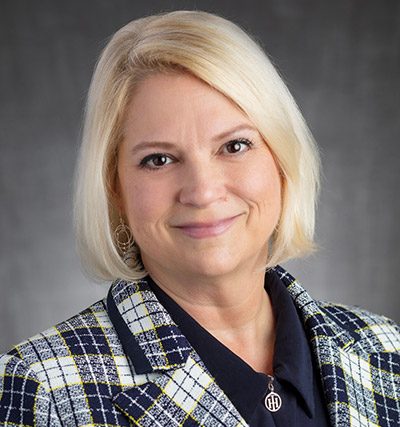
Joel Solis/The Collegian
NINA BANKS
campus editor
nina.banks@my.tccd.edu
TCC SE theatre department will premiere the play “Proof” on April 19.
The play “Proof” is centered around Catherine, a young woman struggling with her mental illness and profession as a mathematician. Associate professor of drama Drew Hampton acknowledged the nature of the play.
“It’s very modern — it’s certainly dramatic,” Hampton said. “But it knows how and when to be funny.”
Though math plays a large role in the plot of the play, Hampton assured that audience members will still be able to resonate with it.
“Math is the skin of the play, but the bones of it are things everybody is gonna get like home, family, mental health,” Hampton said. “Those themes that actually are ones that we can relate to. A lot of people talk about this as the ‘math play’ and that’s the skin of it. But the bones and the life underneath it are much more relatable than that.”
SE students Lily Rouse, Haleigh Ferguson, Dashaun Ellis and Samuel Morales star in the leading roles. Rouse, who portrayed Catherine, enjoyed the ability to represent a strong female character.
“One of my favorite aspects of the performance that I like to tap into is the whole feminism thing,” Clouse said. “My character is a mathematician, and you know how the whole world is with women in STEM. And there are parts where Hal is very dude guy and he’s like ‘you’re a woman, you can’t do math’ and I kind of like the ability to portray a strong female lead. She can do math and she’s capable of all these things.”
For Ellis, he felt fortunate to step out of his comfort zone with his character Hal.
“In previous plays I’ve never really played people,” Ellis said. “I’ve played like exaggerated caricatures of potential people. But this is just a dude. Hal is just a guy and strangely enough that’s the most difficult thing I’ve ever done, just being a guy.”
Catherine’s sister Claire is played by Ferguson. She noted how the complexities of the play made it stand out among others.
“I did notice it was very heavy on subjects, but I actually like that,” Ferguson said. “Other than musicals and some plays, it’s just basic and the same conflict. It is cool how there are heavy subjects being talked about and different conflicts within the big conflict. It’s a challenge.”
One of the main motifs of the play is mental health. Despite the heavy subject matter, Clouse felt comfortable to harness past experiences and incorporate them into the play.
“I haven’t personally gone through what my character has gone through,” Clouse said. “I remember first talking to Drew about it when we first started the rehearsal process. I’ve never really been able to tap into those emotions I’ve felt before in a show.”
Hampton hopes the audience gains a greater appreciation for theatre after attending the play.
“Live theatre, that particular art experience, is incredibly powerful in a very different way than film and television,” Hampton said. “You go in the program and see four people onstage but there’s like 40 people mentioned in terms of how they affected this play. Just an appreciation for the art of theatre is usually what I’m most excited for people to walk away with.”


































